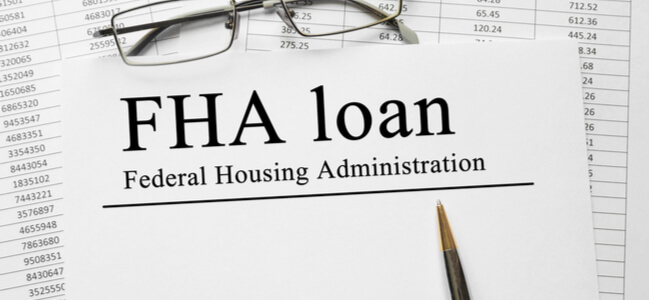What Loans Are Suitable For Home Repairs?

It’s an undeniable fact that owning a home is expensive. In addition to being a big responsibility, homeownership comes with equally big costs.
According to the Home Advisor survey, homeowners usually spend an average of $1,105 on annual maintenance.
In 2019, more than 30% are forced to make emergency repairs costing an average of $1,206.
Putting together money for home repairs can be stressful if you don’t have enough savings. Therefore, the next best option is to get home repair financing.
Keep reading for valuable information about the different types of loans to fix your house.
Types Of Home Repair Loans
Usually, “home repair loan” is an umbrella term and may refer to installment loans for bad credit, personal loans, home equity loans, and the like.
In case you’re searching for home repair loans for bad credit, here are a few options you can consider.
- Personal Loans
The rates and terms of personal loans are directly dependent on your credit score. If you have a good credit score, you’ll have better chances to get approval for a loan with lower rates.
Most personal loans are unsecured and don’t necessarily require collateral.
However, missed payments will be listed in your credit report and affect your credit score.
Once your application is approved, you’ll receive the funds which you’ll have to pay back over a fixed period.
- Home Equity Line Of Credit (HELOC)
A HELOC is quite similar to a home equity loan, but slightly different. This is a revolving source of money like a credit card.
HELOCs have closing costs and variable interest rates, though some lenders offer fixed rates for several years. Getting a HELOC is a good idea because you’ll only be paying interest on the amount you use.
Moreover, the interest rate is also much lower than that of a credit card. However, this is a secured loan, and if you default on payments, the lender will foreclose your home.
- Home Equity Loans
By using your house as collateral for your home equity loan, you’ll be able to borrow money at a fixed rate that is cheaper than almost every other form of borrowing.
Funds are available for a single lump sum that can have a repayment period of up to 30 years.
The interest that you’ll pay on this loan will be tax-deductible. As a homeowner, you won’t be able to borrow more than 85% of your equity in the property that will be used as collateral.
Although you’ll be paying lower interest, you’re at risk of losing your home if you default on the loan.
When To Get A Loan
Getting a home repair loan depends on your specific needs. However, here are some general factors that you must consider:
- Your Requirements: Do you need a loan for urgent repairs or is it a fix that can be put off for a later time? If the need for repair isn’t that urgent, it’s probably not a good idea to take a loan
- Your Financial Stability: Would you be able to make the repayments for the loan on time? Consider your expenses and current liabilities to ensure that you have enough room to take on another liability
- The Rates And Terms Offered: Your credit history, credit score, the property’ age, location, and size are some of the primary factors that determine the rates and terms you’ll be offered. Consider the offer before signing the dotted line
Alternative Options
Other than the aforementioned options, there are a few other options that you might want to consider.
- Credit Cards: If you have a credit card that qualifies for a low-interest period, you can use it to fund home repair costs. However, keep in mind that opening new credit lines or maxing out existing cards will affect your credit score
- Cash-Out Refinance: This is a way of refinancing your existing home loan with a new mortgage based on the equity you hold. The difference you receive can be used to fund the repairs. It may be straightforward, but make sure that you calculate the overall cost of refinancing
- Community Programs - Every local Department of Housing and Urban Development provides grants and community-based programs once in a while. Keep checking the department’s website and office continually for programs that can help fund your home repair
Bottom line
The final decision of moving forward with the home repair depends on your financial health and the urgency of the repair.
Depending on your credit score, the house’s age, location, and your equity, you may be able to access lower or higher rates.
Consider the factors listed above and explore all of the available financing options to determine the one that best suits your needs before making the final decision.



